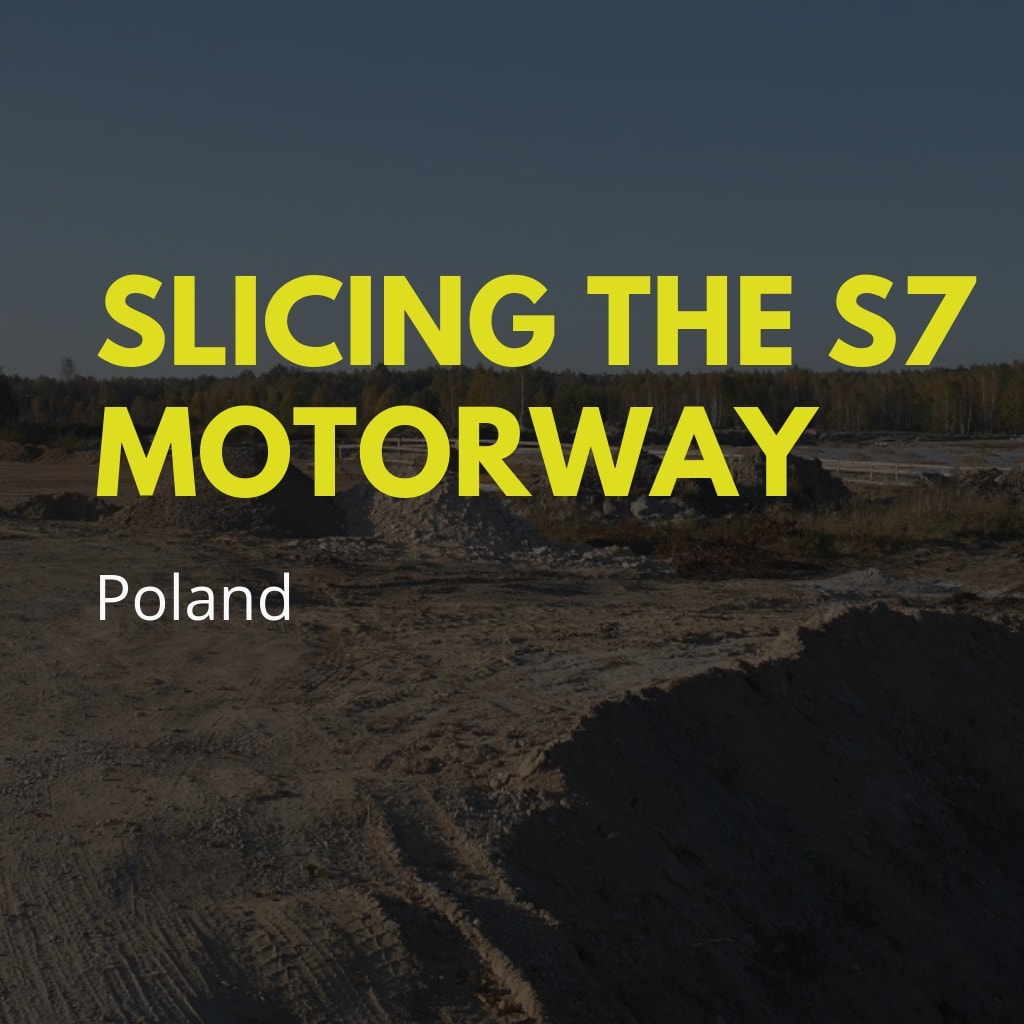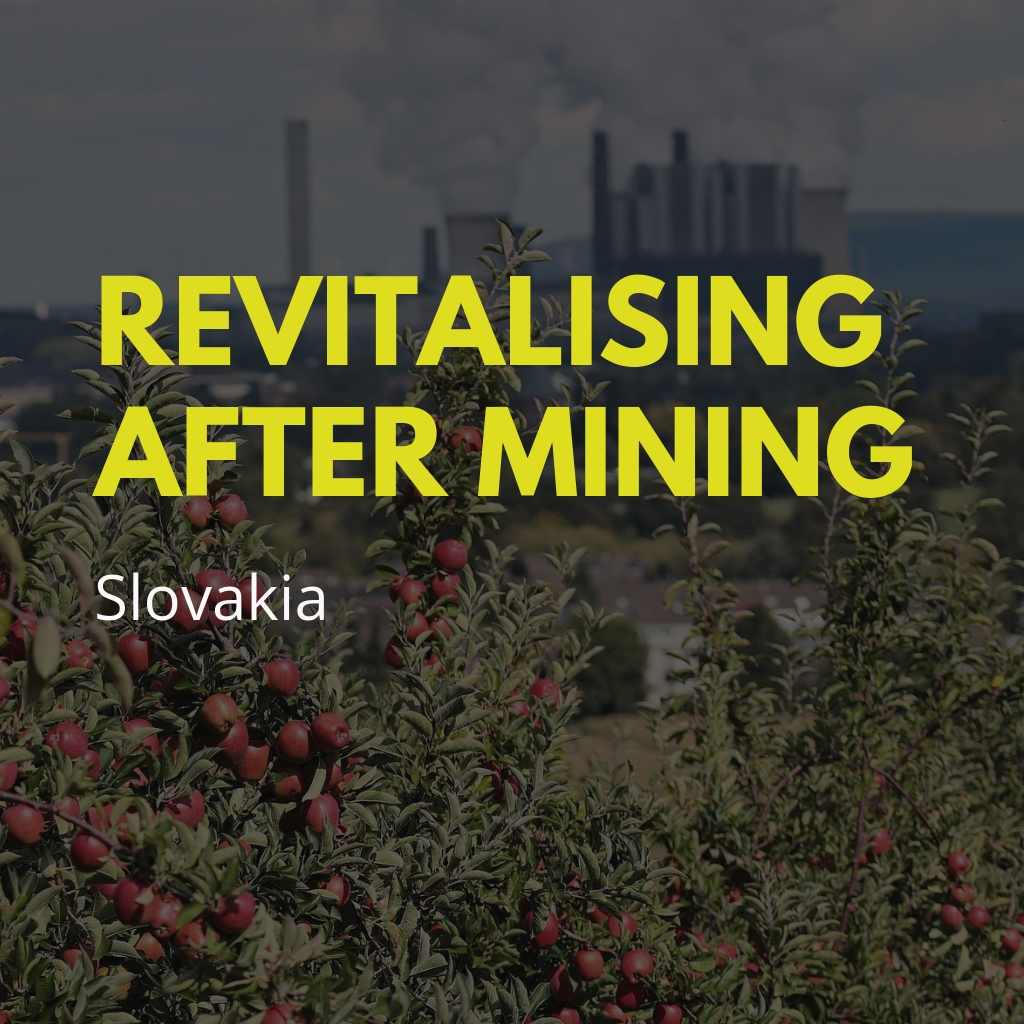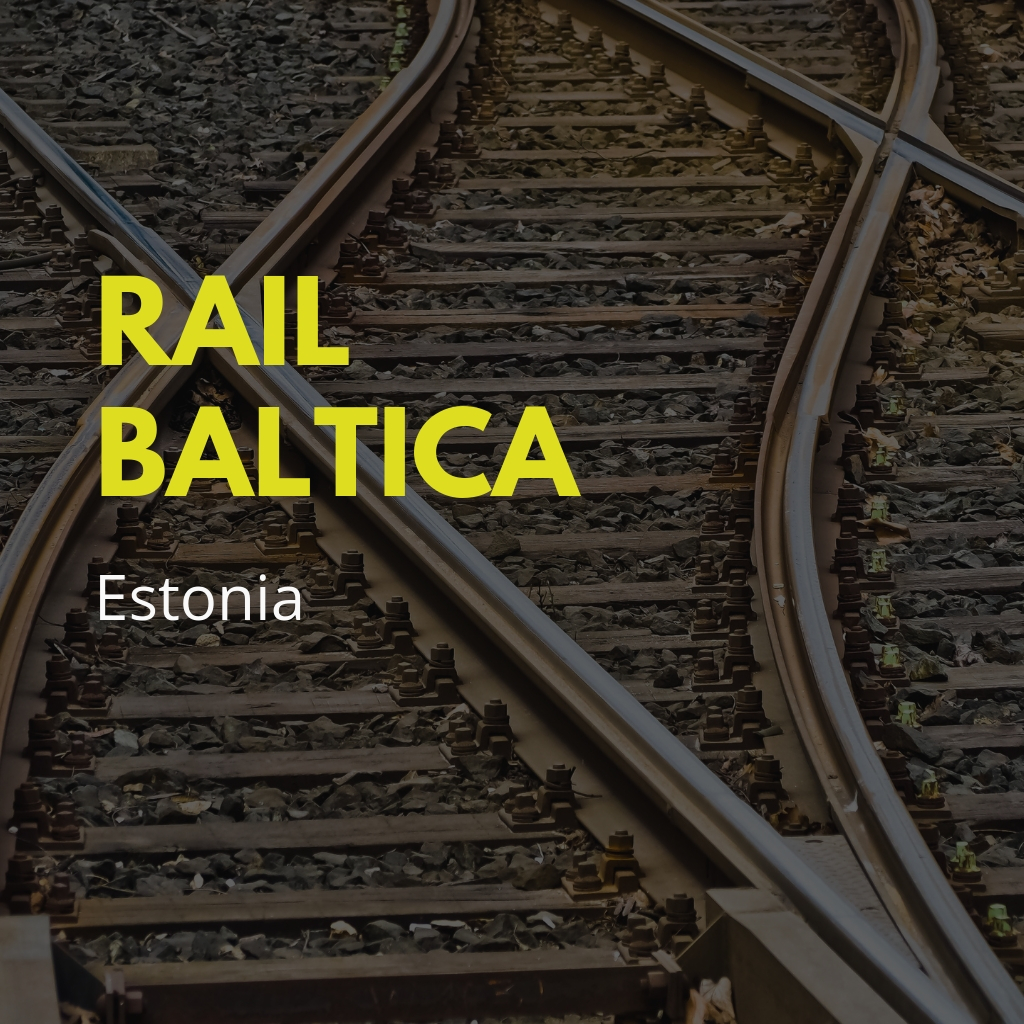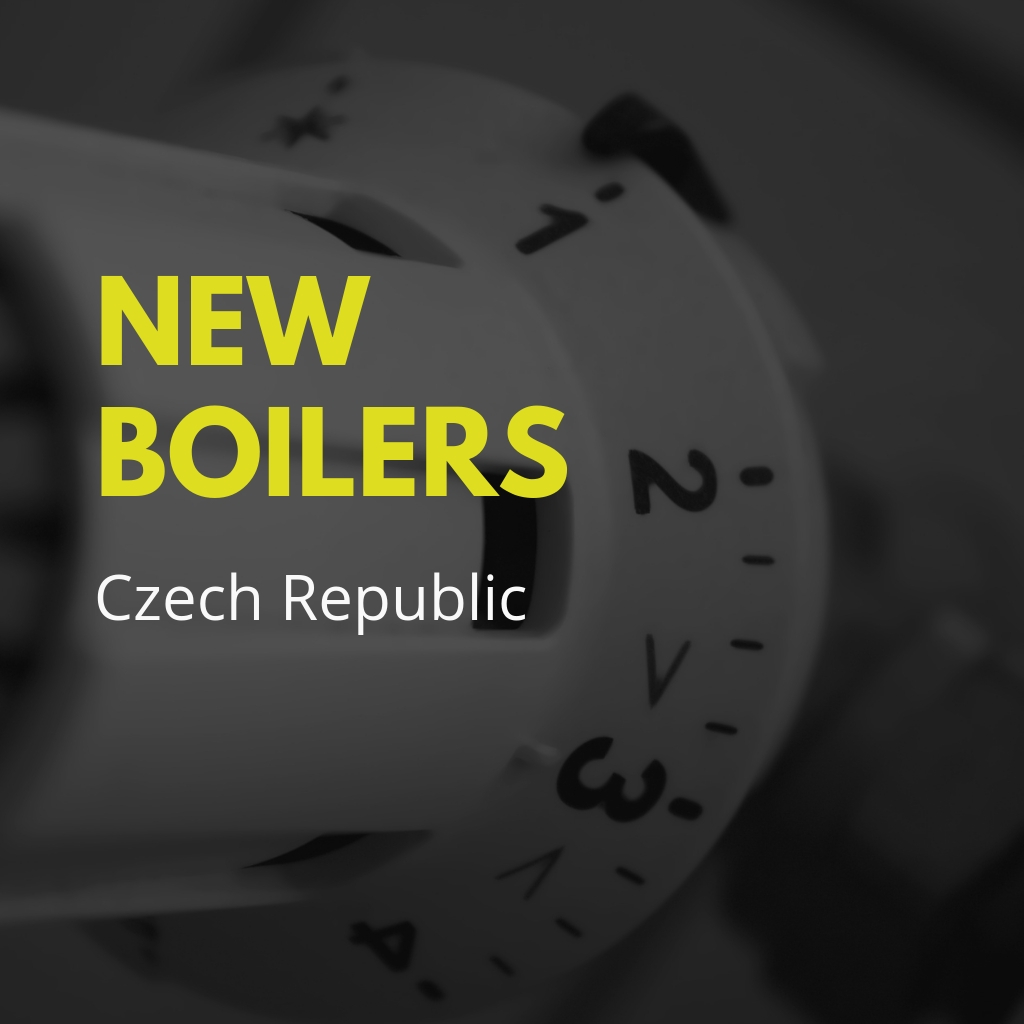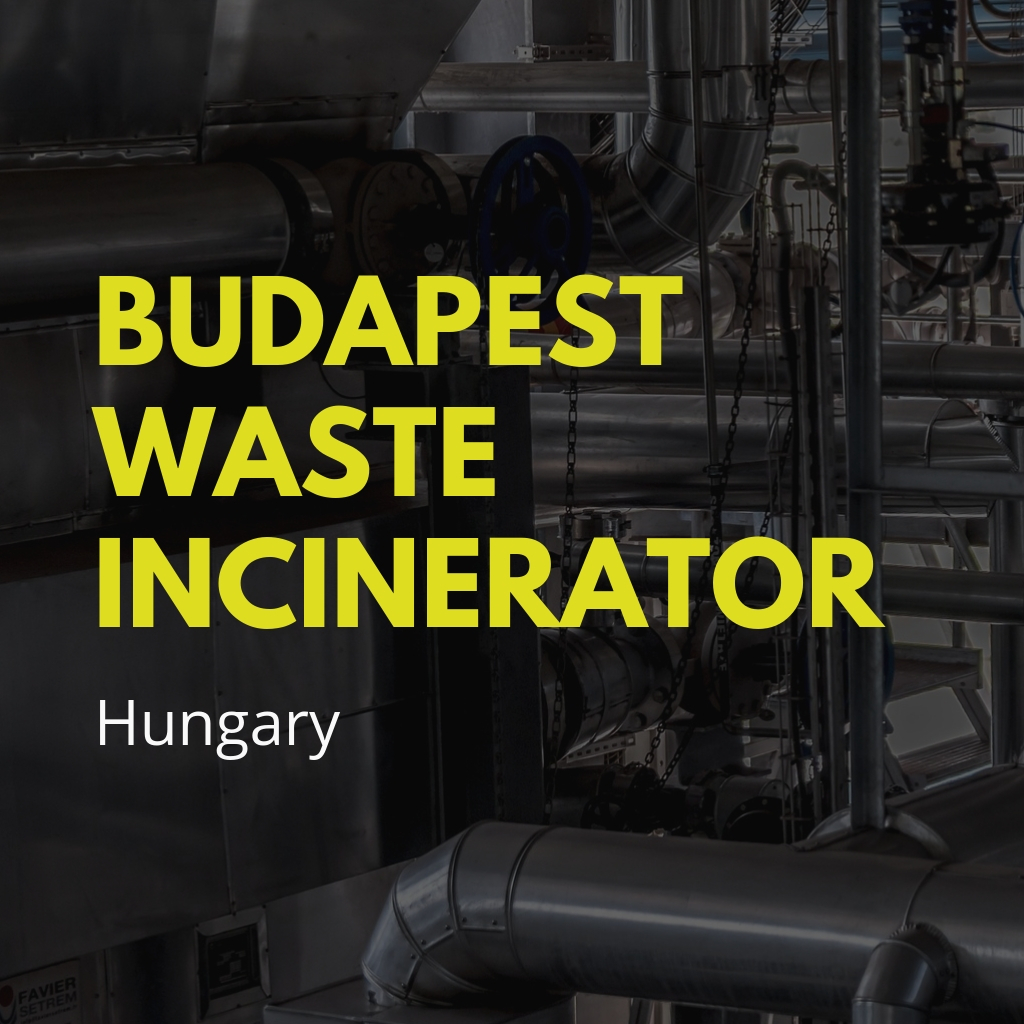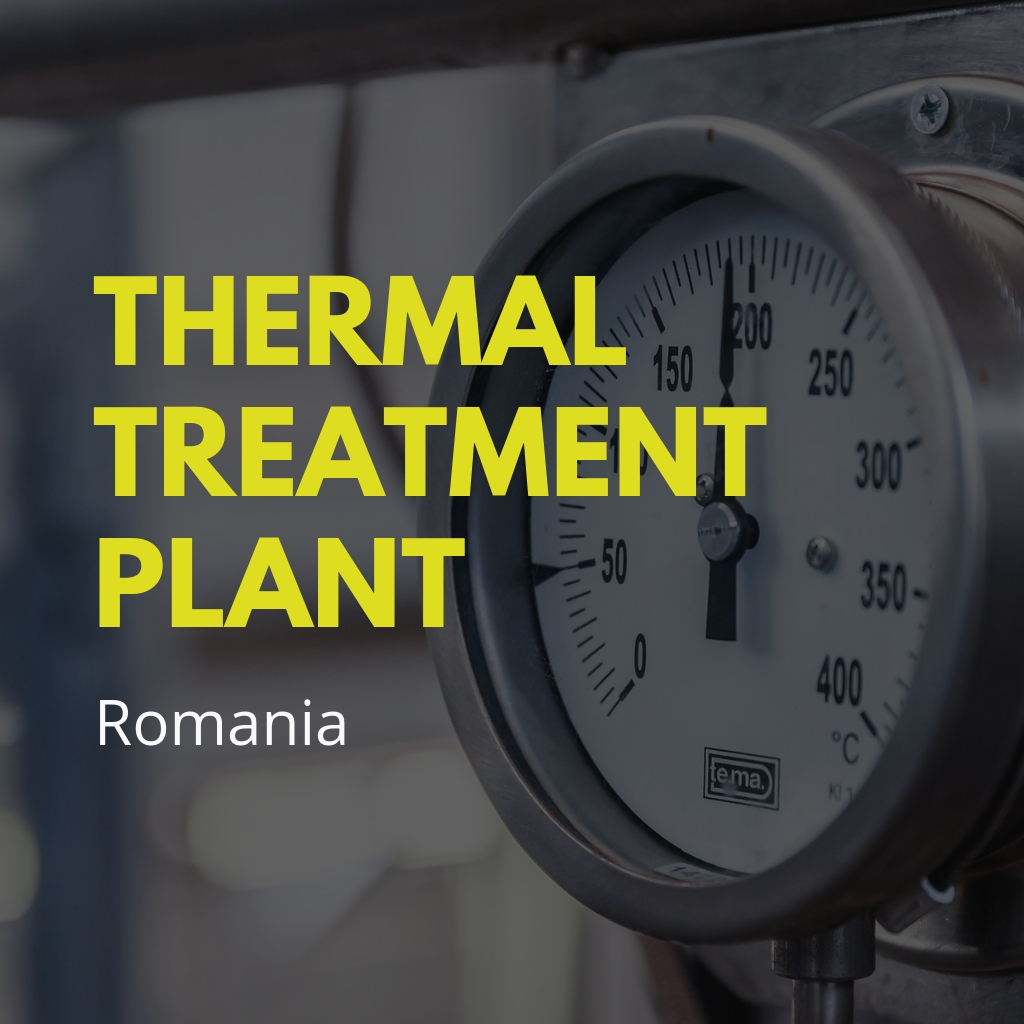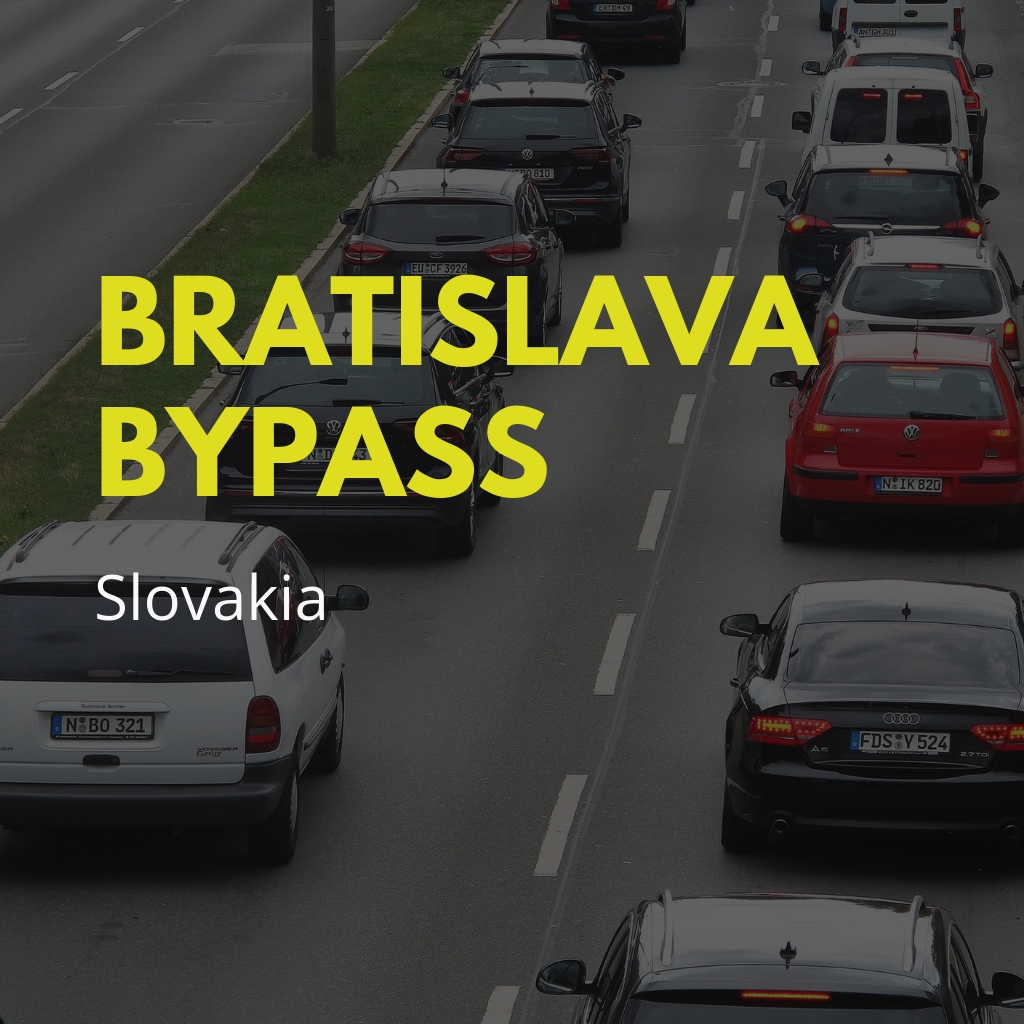Sofia incinerator
Country: Bulgaria
Total project costs: EUR 189 million
The construction of a new combined heat and power (CHP) plant for Sofia’s district heating, operating with gas and a refuse derived fuel (RDF) incinerator, will use up 25 to 30 per cent of the Cohesion funding available for waste management from the available EU funds in the 2014-2020 period.
… energy saved from even just-once-recycled plastics by far exceeds the energy generated by burning them.
The citizens and municipal councilors complained to the European Investment Bank and the Commission about a lack of transparency related to the environmental and economic impacts of the project. The cost-benefit analysis for the project is not public as it is considered ‘confidential’, even though the Sofia municipality’s refusal to release the information was ruled illegal by the court at first instance.
The project claims to reduce by ten per cent air pollution due to the use of partially renewable energy (biogenic fraction in RDF). But citizens are concerned that alternatives to incineration could have had better results in terms of air pollution reduction if properly assessed.
Waste-to-energy methods are still controversially considered ‘climate-friendly’ investments, when energy saved from even just-once-recycled plastics by far exceeds the energy generated by burning them.
The Sofia incinerator, which will start operations after 2020 and continue for at least 30 years, is an example of a short-sighted and undemocratic project that received support from EU funds and the EIB. The project indicators do not comply with the requirements of the new Circular Economy Package, specifically the updated targets in the Waste Framework Directive, Packaging and Packaging Waste Directive, nor with the Single Use Plastics Directive that enters into force in May 2019. For example by 2030 Bulgaria should double the amount of recycled waste to reach the 65 per cent EU target, in order to ensure the financial stability of the incinerator.
The project is currently under appraisal by the Commission, as it confirms funding for such ‘major projects.’ Civil society and the municipal councilors are hoping that the Commission will account for their arguments and initiate a review of the project’s alternatives and viability. It is also worth mentioning that in the future EU funds regulation, the requirement for the Commission to approve ‘major projects’ will be removed.


